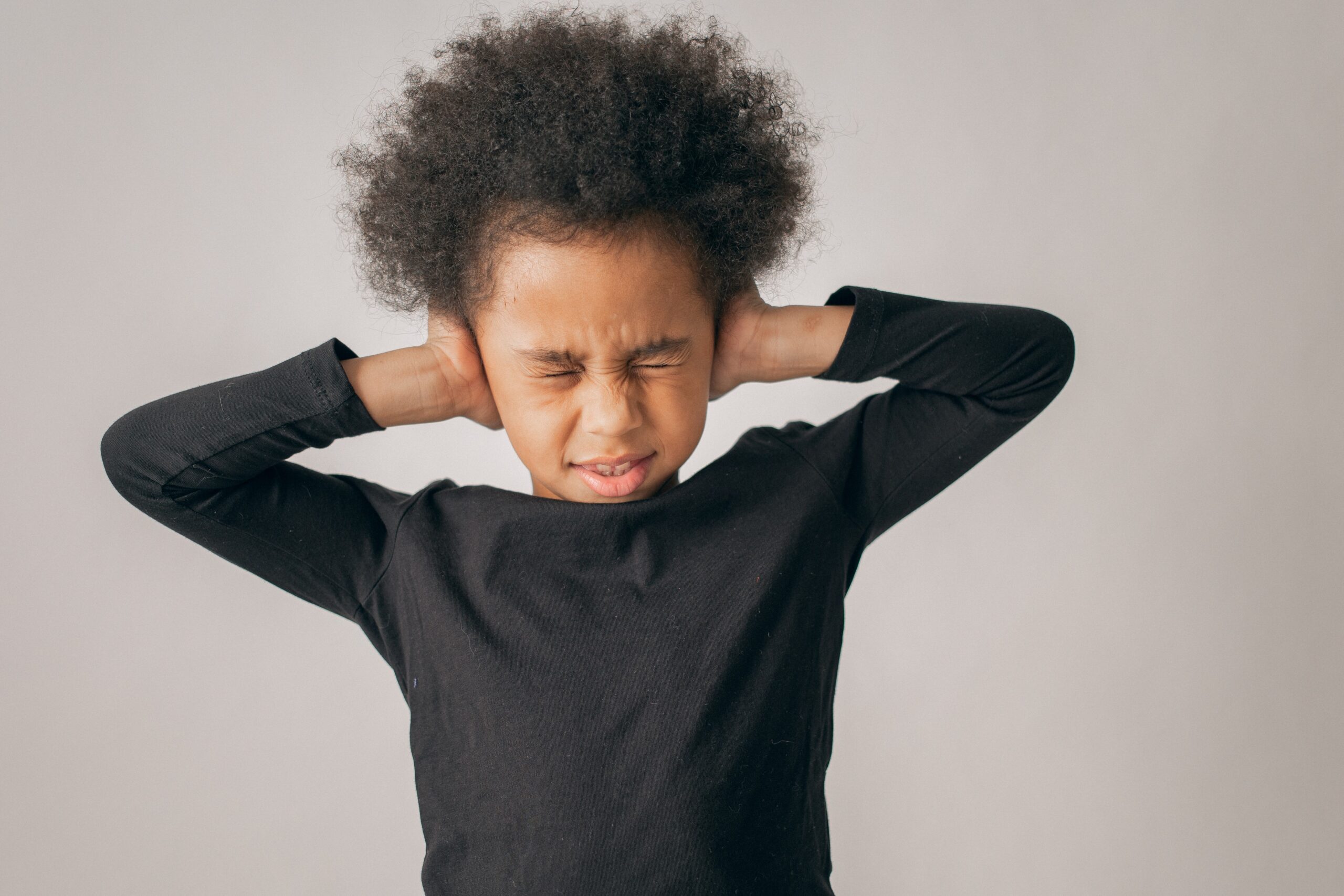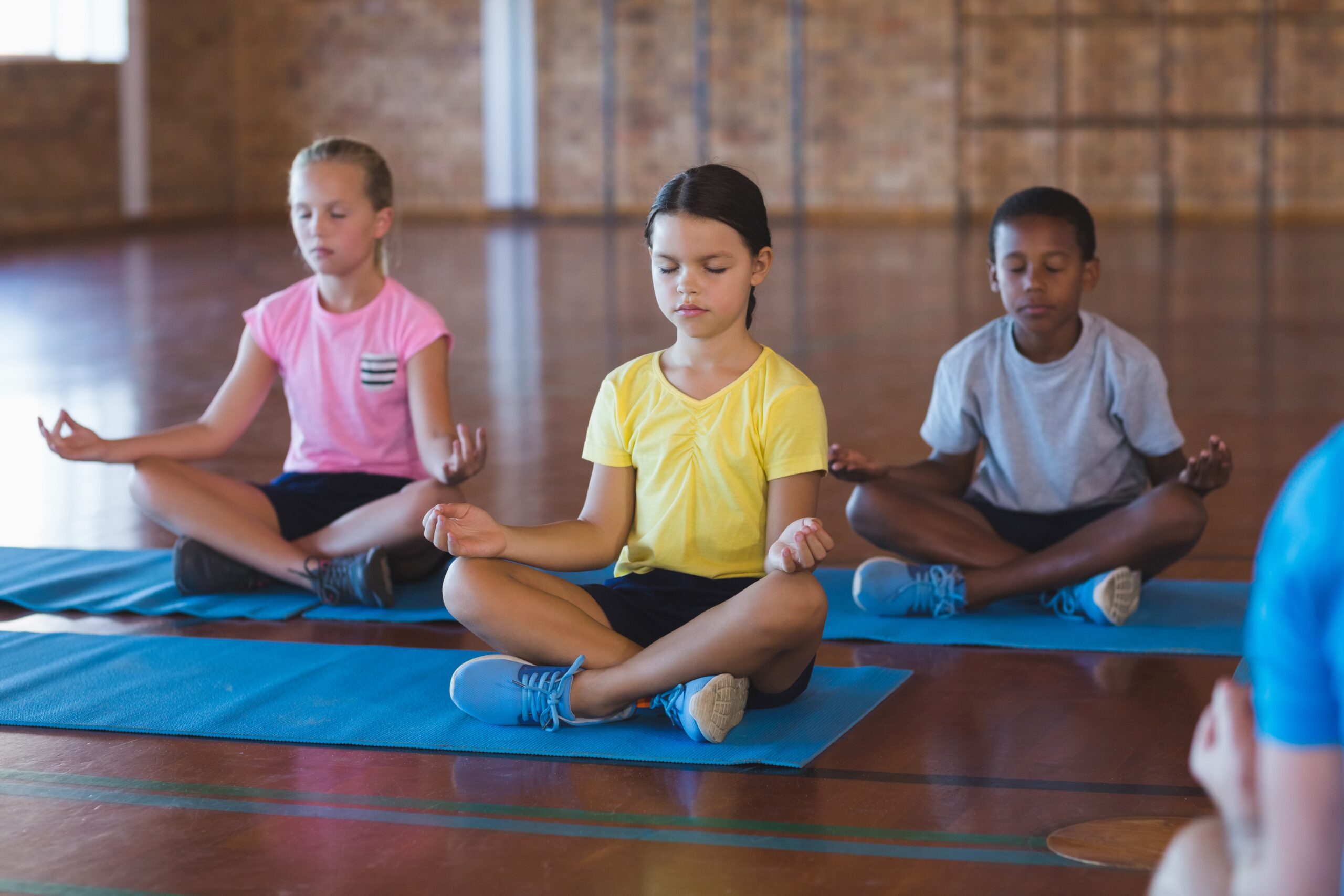
Playdates are more than just fun—they provide children with essential opportunities to develop social skills, build friendships, and practice sharing and communication. Here’s why playdates are crucial for your child’s social development and how to ensure they are successful and enjoyable.
1. The Importance of Social Interaction
Playdates are a great way for children to learn valuable social skills to help them navigate relationships.
- Learning Communication: During playdates, children practice verbal communication, negotiation, and listening skills as they interact with their peers.
- Building Friendships: Playdates allow children to form and strengthen friendships, helping them develop bonds that teach empathy, trust, and collaboration.
2. Teach Sharing and Cooperation
Sharing toys, taking turns, and cooperating with others are important lessons learned during playdates.
- Set Expectations: Before the playdate, talk to your child about sharing, taking turns, and respecting others’ feelings. Set clear guidelines for behavior during the playdate.
- Model Behavior: Set a good example by showing your child how to share and cooperate with others. Your child will learn by observing your actions.
3. Encourage Problem-Solving
Conflicts are bound to arise during playdates, but they provide a valuable opportunity for your child to learn conflict resolution and problem-solving skills.
- Let Kids Work It Out: Instead of immediately intervening to resolve disagreements, give your child a chance to resolve the issue with their playmate. Offer gentle guidance if needed, but let them practice finding solutions themselves.
- Teach Negotiation: Teach your child how to express their needs and negotiate with their peers. For example, they can take turns choosing which game to play or share toys in a way that feels fair to everyone.
4. Supervision and Safety
While playdates allow kids to be independent, they still need supervision to ensure everyone is safe and having fun.
- Stay Nearby: Be present during the playdate, but allow the children to interact with minimal intervention. Monitor the activities to ensure everyone is safe and comfortable.
- Ensure Equal Participation: Ensure that all the children are included in the activities and that no one feels left out or excluded.
5. Fun and Enrichment
Playdates should be enjoyable for everyone involved. To keep them fun and enriching, offer a variety of activities and games.
- Variety of Activities: Plan active and quiet activities, such as outdoor play, arts and crafts, or board games. This keeps the playdate interesting and engaging for everyone.
- Create a Comfortable Environment: Make sure the environment is welcoming and inclusive, where all children feel comfortable and free to explore their interests.
Playdates are a fun and valuable way for children to develop social skills, build friendships, and practice cooperation and problem-solving. You can help your child get the most out of their playdate experiences by setting clear expectations, being present, and encouraging positive behavior.



